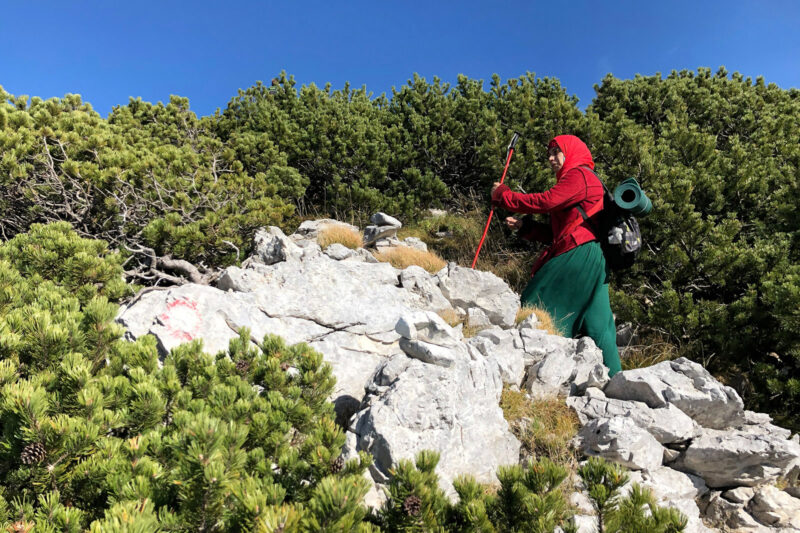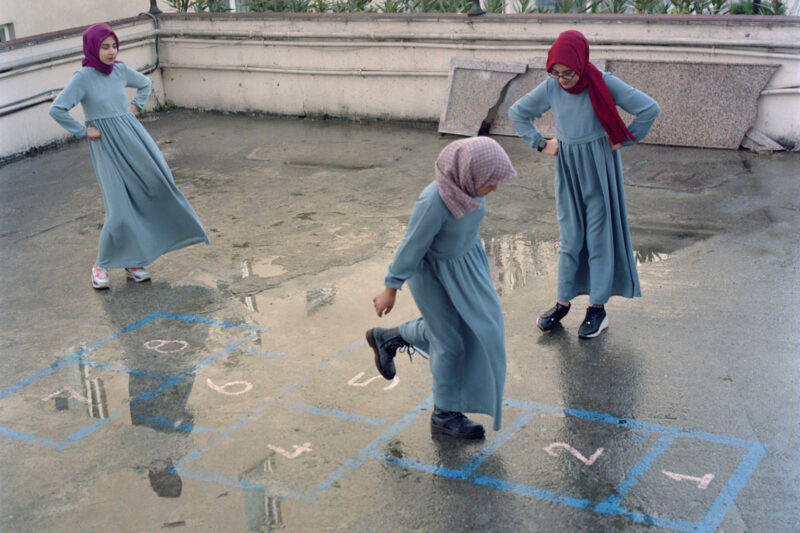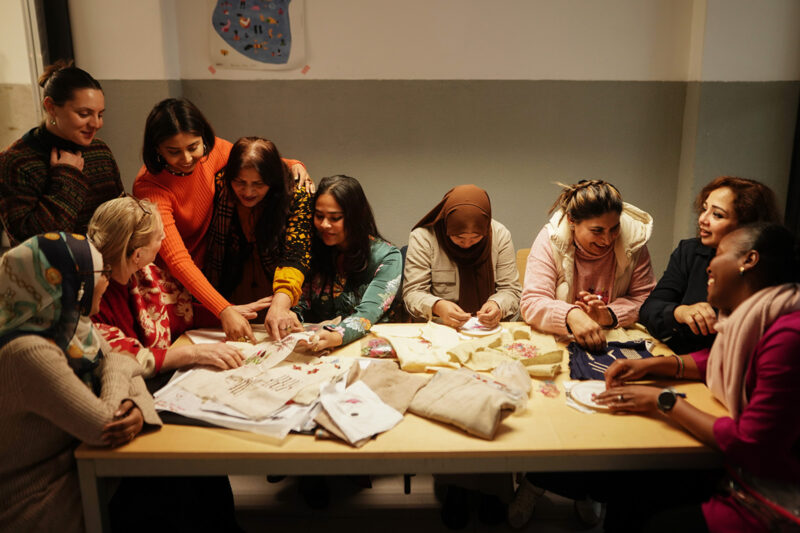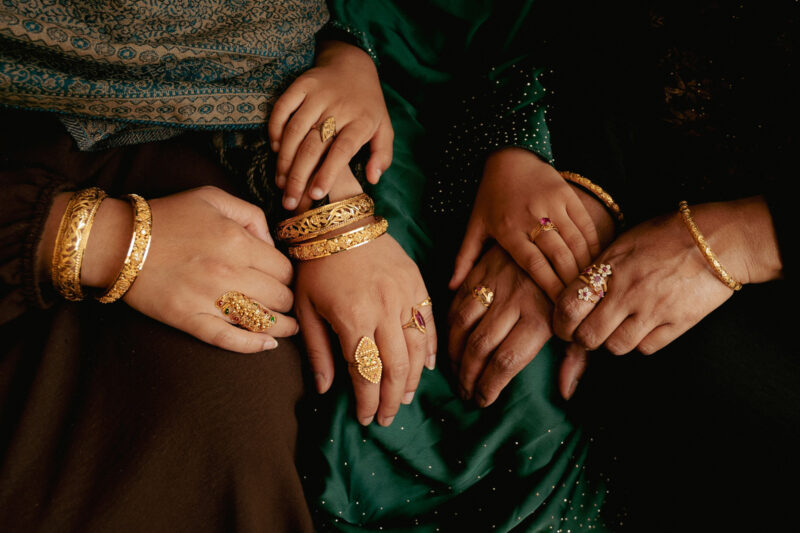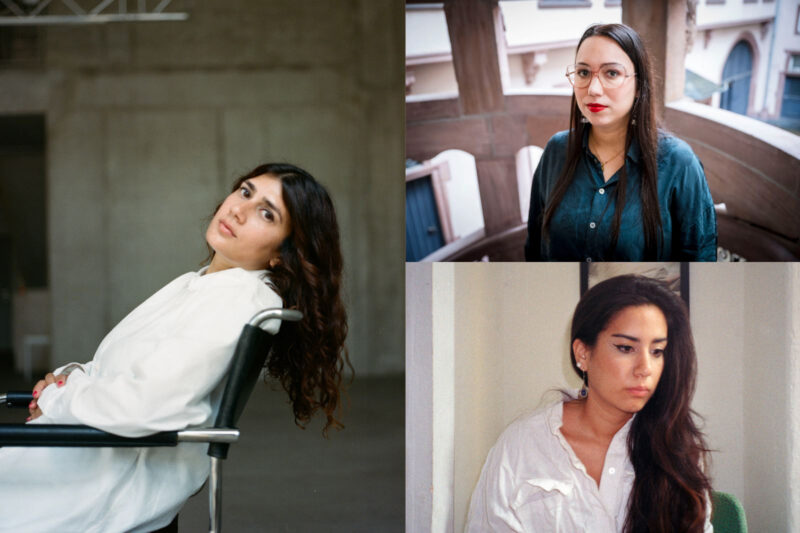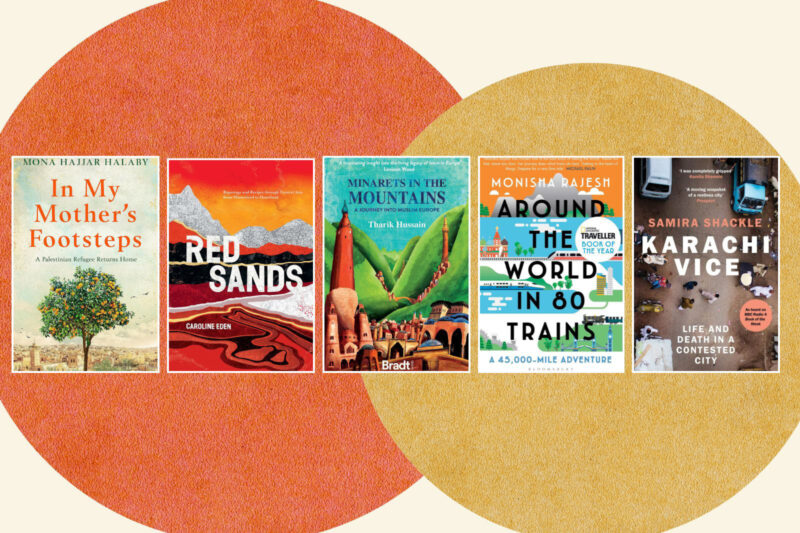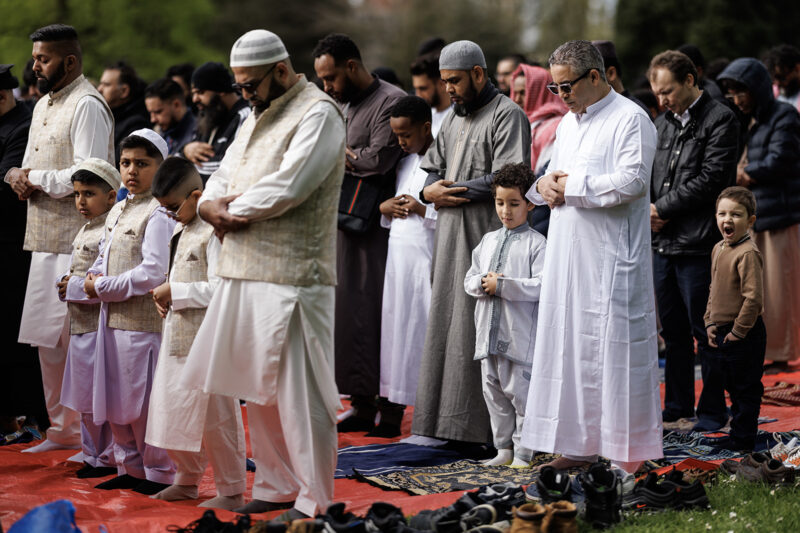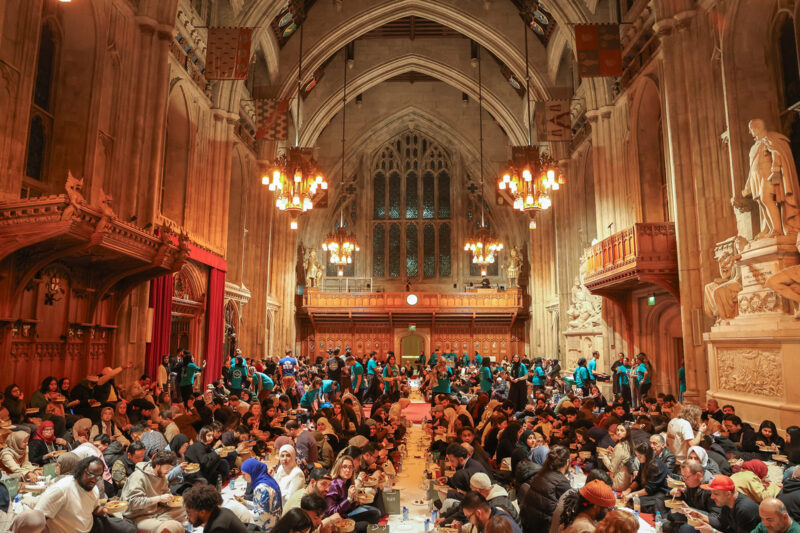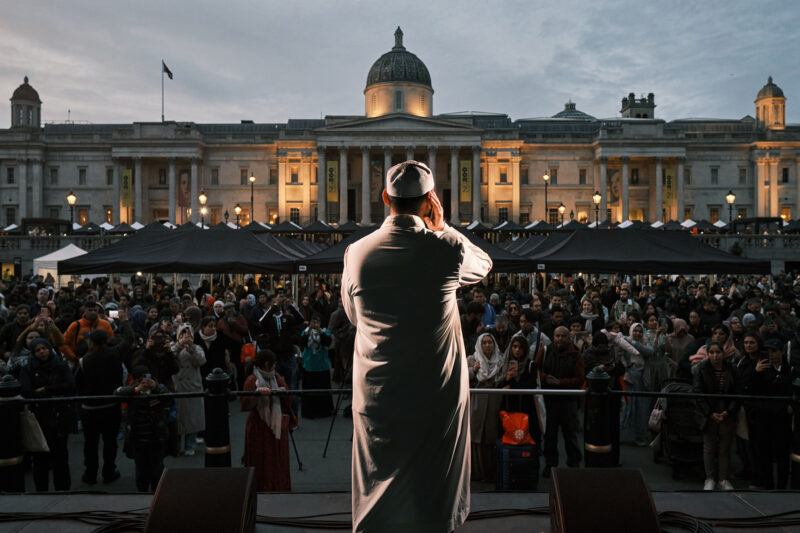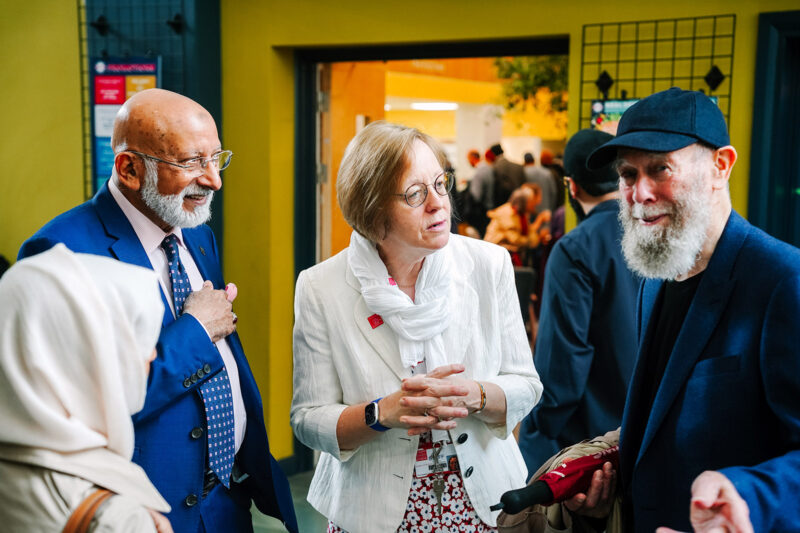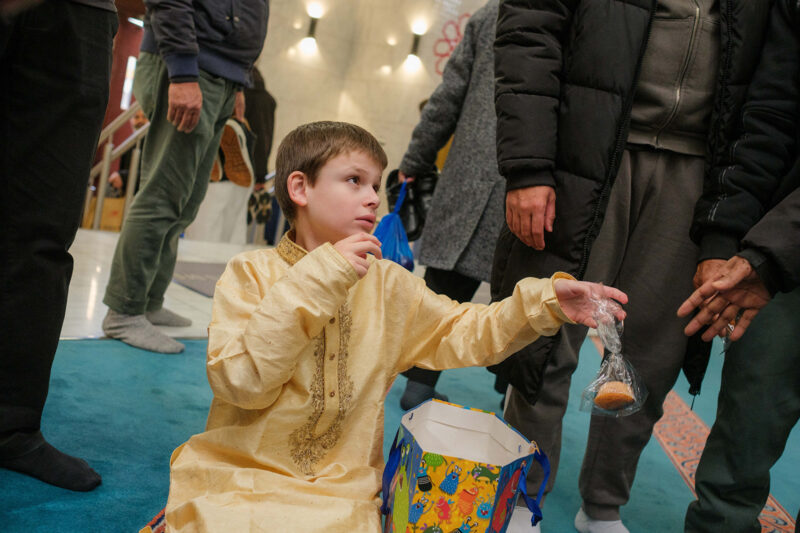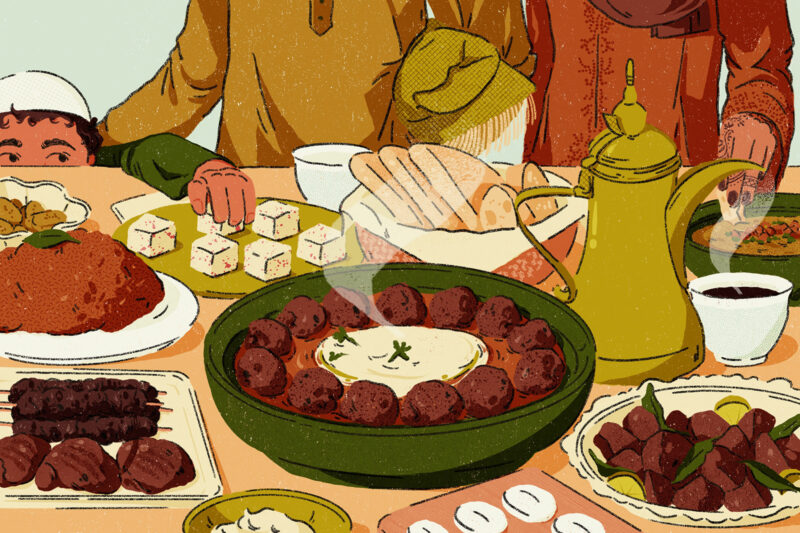“Faith is my comfort and guide through life”: Rediscovering Islam in Sarajevo
A generation of women who grew up during the Bosnian war is embracing its rich Muslim heritage
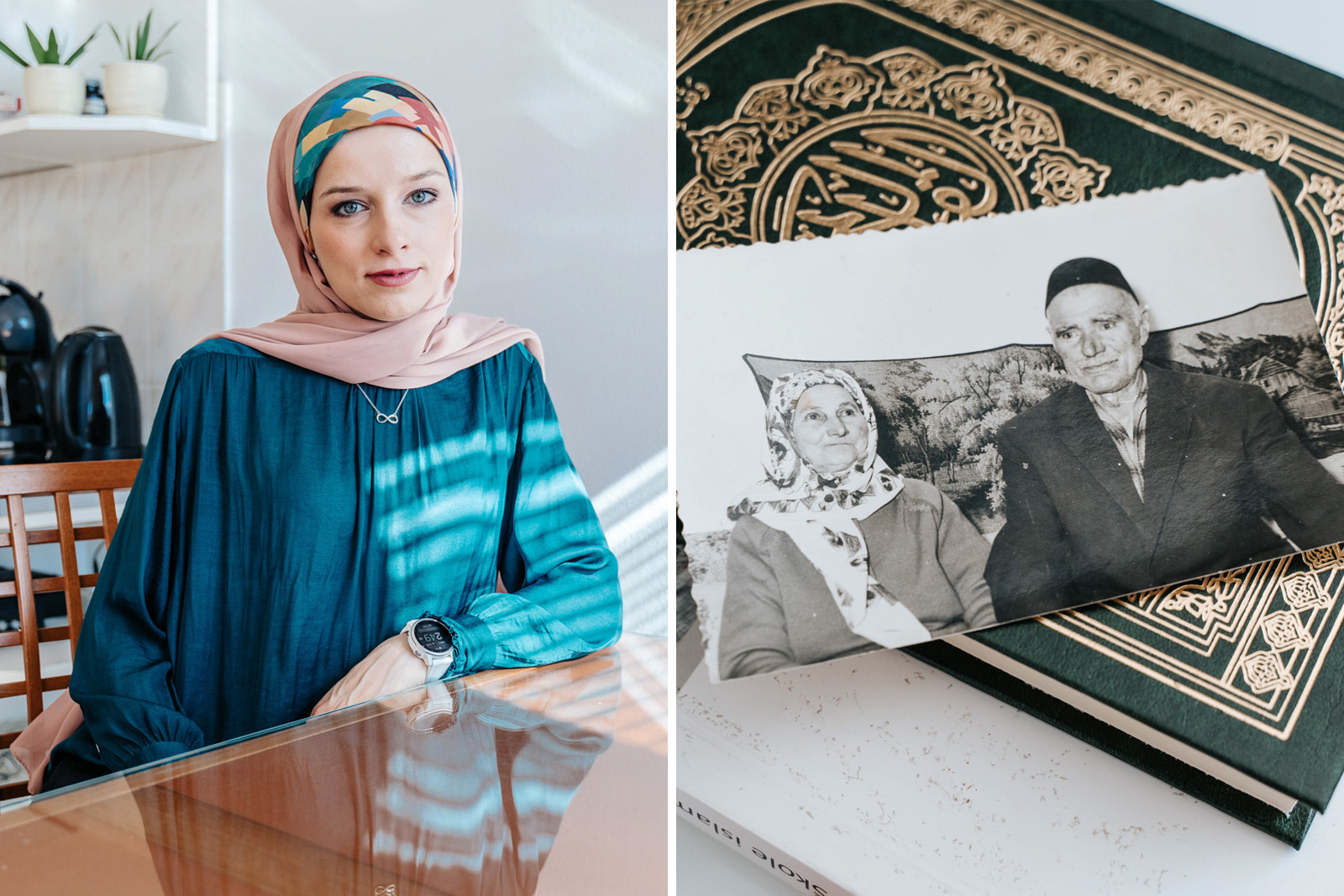
The Muslim history of Bosnia and Herzegovina dates back to the 1400s, when the territory entered a 400-year period of Ottoman rule. However, for much of the 20th century, the region formed part of the Socialist Republic of Yugoslavia. While religion was not prohibited then, public acts of devotion were discouraged and the number of people practising a faith plummeted.
In the early 1990s, the state of Yugoslavia collapsed, sparking ethnic and sectarian conflicts across the Balkans. Now an independent nation, Bosnia and Herzegovina is witnessing a renaissance of Islam among members of a “bridge” generation, who grew up when war was ravaging their country but are now living their lives, building careers and having families at a time of peace. In this exclusive photographic project, Bosnian Muslim women from Sarajevo share their stories and the treasured objects that symbolise their heritage.
Elma (pictured above)
Elma’s parents grew up under socialist rule and, while aware of their Muslim heritage, were not religious. Elma, however, wanted to find out more and, after she finished a degree in engineering, studied Arabic and attended religious courses in order to develop a better understanding. She sees herself as a modern Muslim woman, has travelled in Europe, loves meeting people from different backgrounds and has a black belt in taekwondo.
Elma does not believe that material things can have spiritual significance. Accordingly, she chose a photograph of her great grandparents, explaining that her great grandmother was the last woman in her family to wear the hijab.
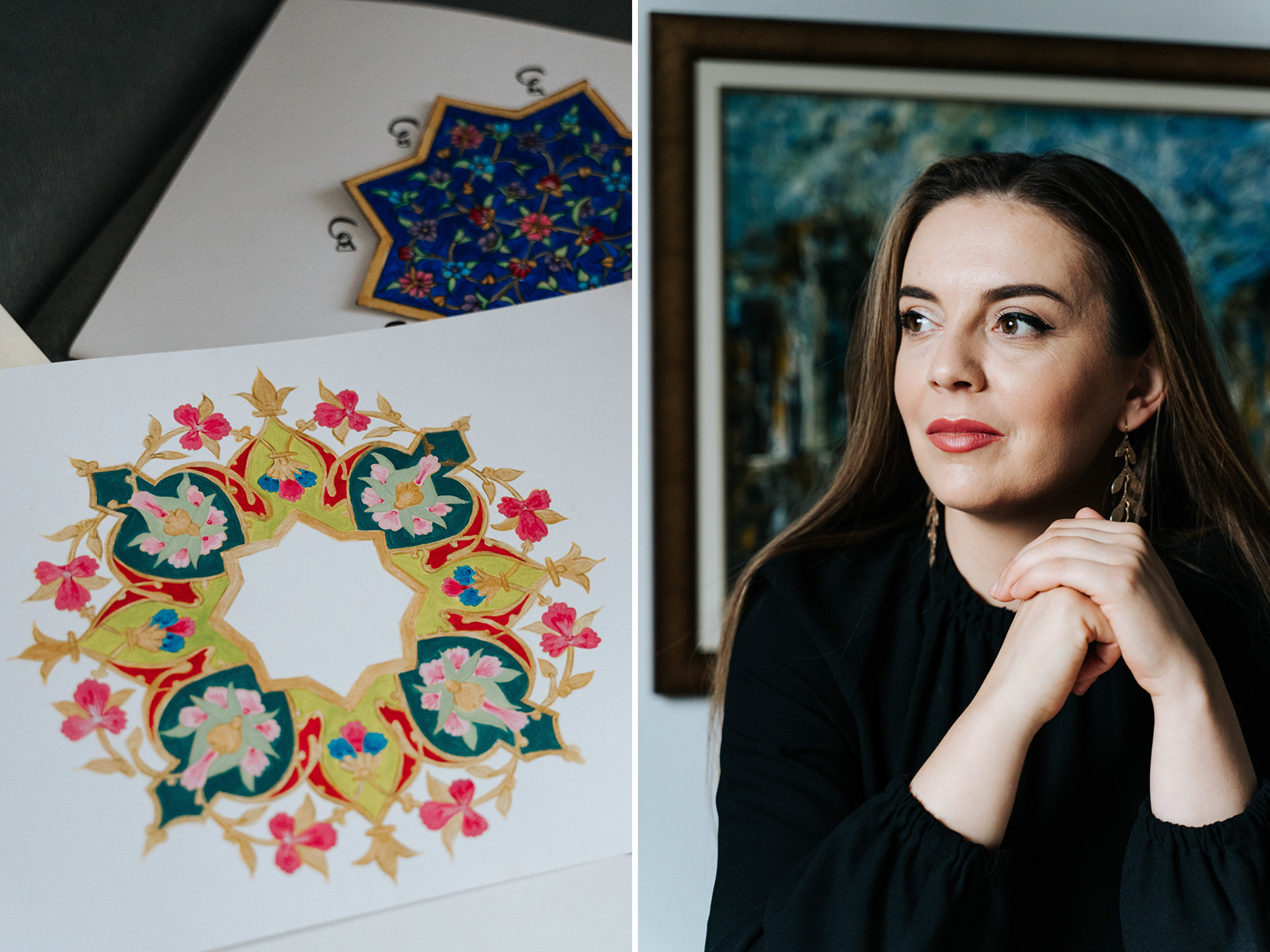
Selma
Until three years ago, Selma considered herself Muslim by heritage only. Then, inspired by a friend, she began to pray and attend her local mosque. “My life has completely changed,” she said, noting that she now feels a greater sense of peace than ever before. Selma is also considering wearing the hijab. “People treat you with more respect, are more careful with you, you have more value,” she added. While Selma’s brother is now a practising Muslim, her parents are not. “It was different. They grew up under socialism. Their generation is like the buffer zone,” she said.
One of Selma’s favourite hobbies is making replicas of designs found in the 15th-century Emperor’s Mosque in Sarajevo. She learned the technique on an Islamic art course in the city and describes the creative process as being like meditation. The floral designs are unique to Bosnia and Herzegovina, many of them including Bosnian lilies, the national flower.
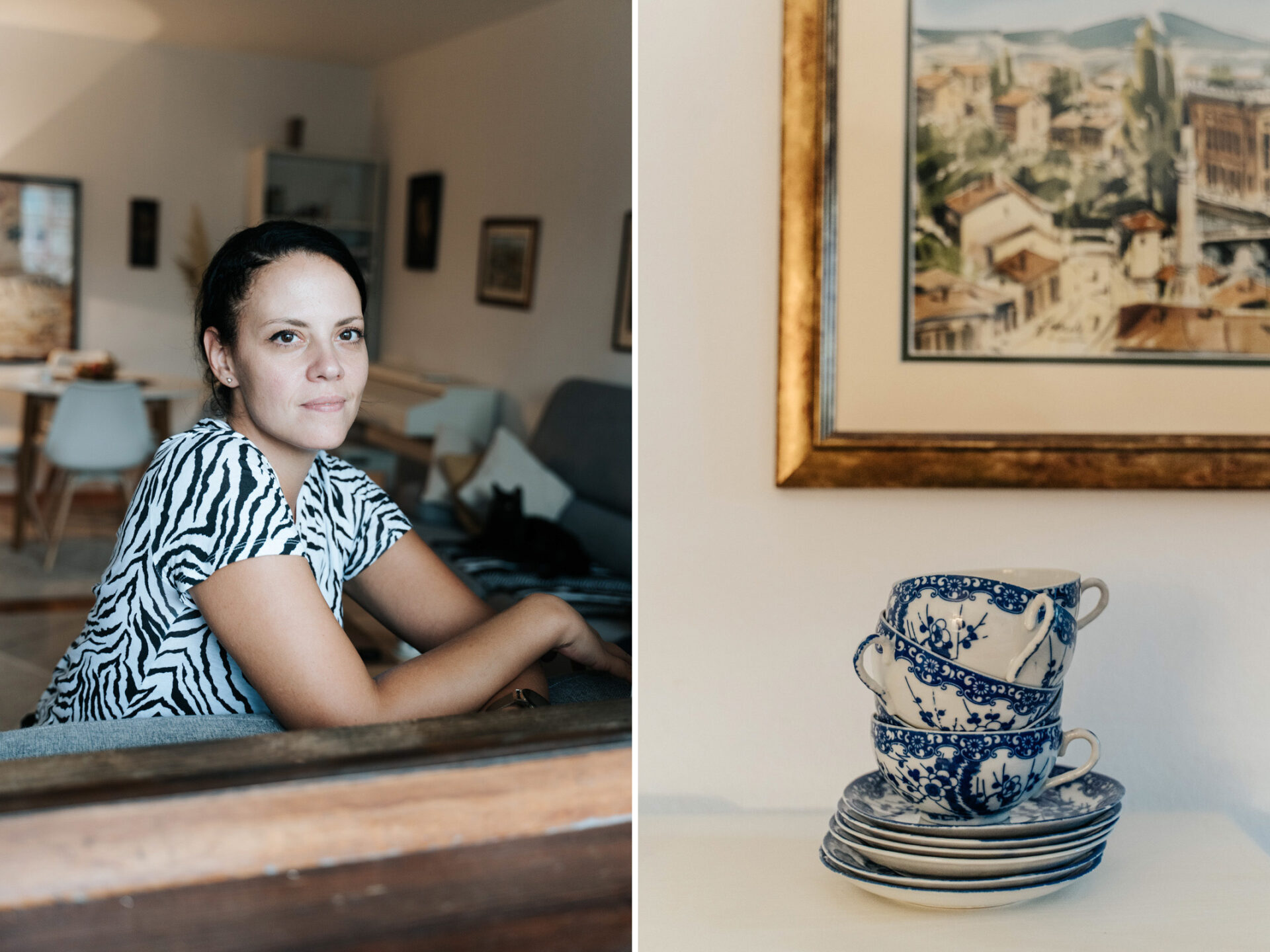
Altijana
Altijana remembers growing up at a time when people, including her grandparents, used to celebrate both Muslim and Christian religious festivals. Then the war happened and everything changed. She finds that letting Allah into her life gives her a sense of grace and believes that, in contrast to the divisive forces of political nationalism, faith should help to bring all people together. Altijana sees both east and west within her own identity, mirroring the traditions of Bosnia and Herzegovina itself.
This set of china cups were bequeathed to Altijana by her late grandmother. Altijana fondly remembers her as being a typically warm and generous Bosnian Muslim woman.
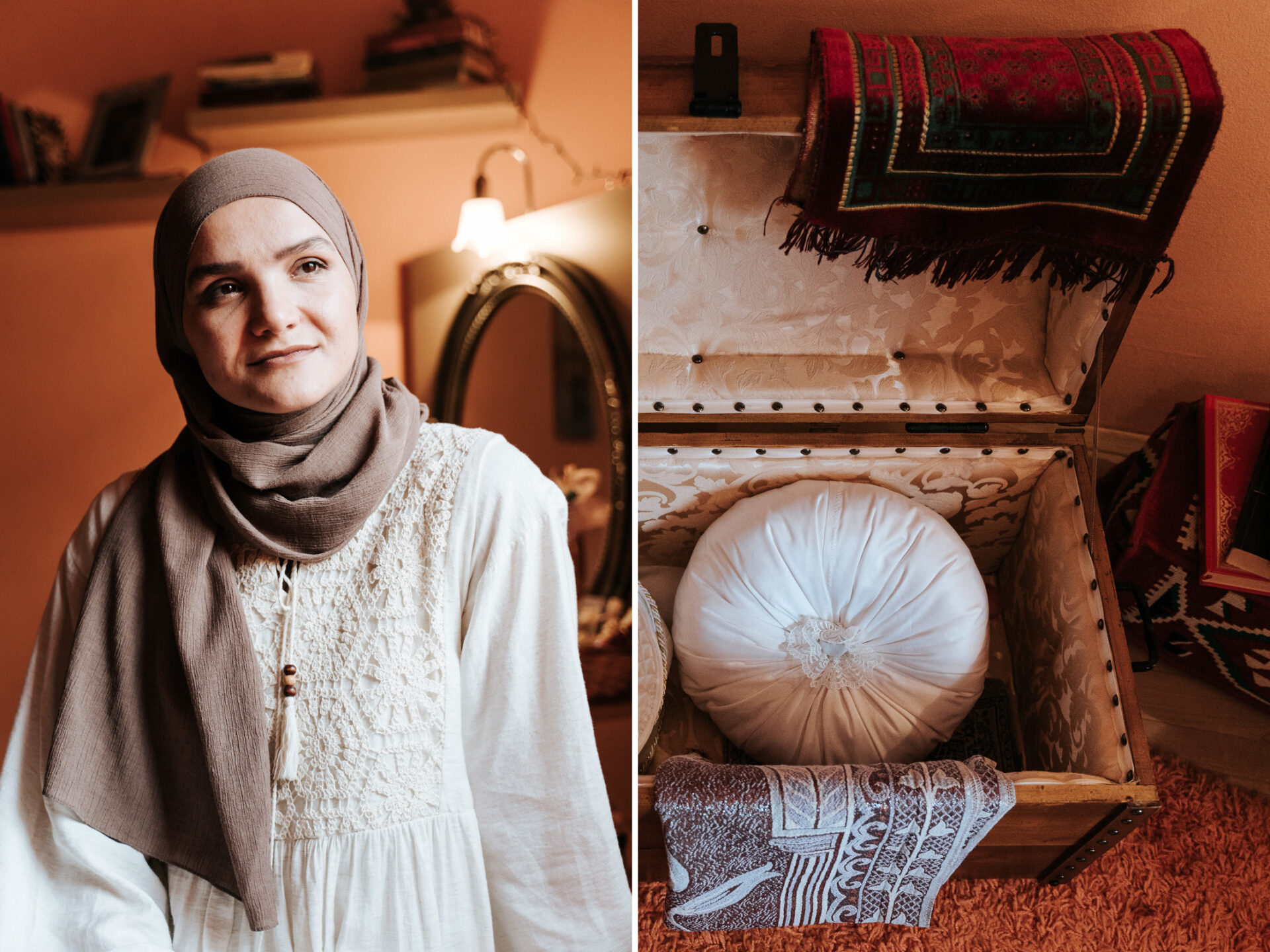
Ada
Ada’s faith was passed down to her from her grandparents. She remembers being taken to her local mosque as a child, but began to take her religion more seriously when she was in high school. She decided to start wearing the hijab on the first day of Ramadan in 2019. For Ada, covering her hair is a clear sign of her identity and she feels that people — and particularly men — treat her more respectfully now. She said that some women worry that adopting such a visible sign of their faith will negatively affect their careers, but added that she has never had any problems.
The sehara is a traditional chest that newlywed brides would take to their husband’s home, filled with their personal belongings. This one was made by Ada’s father and upholstered by her mother. For Ada, it symbolises the traditions of Bosnia and Herzegovina.
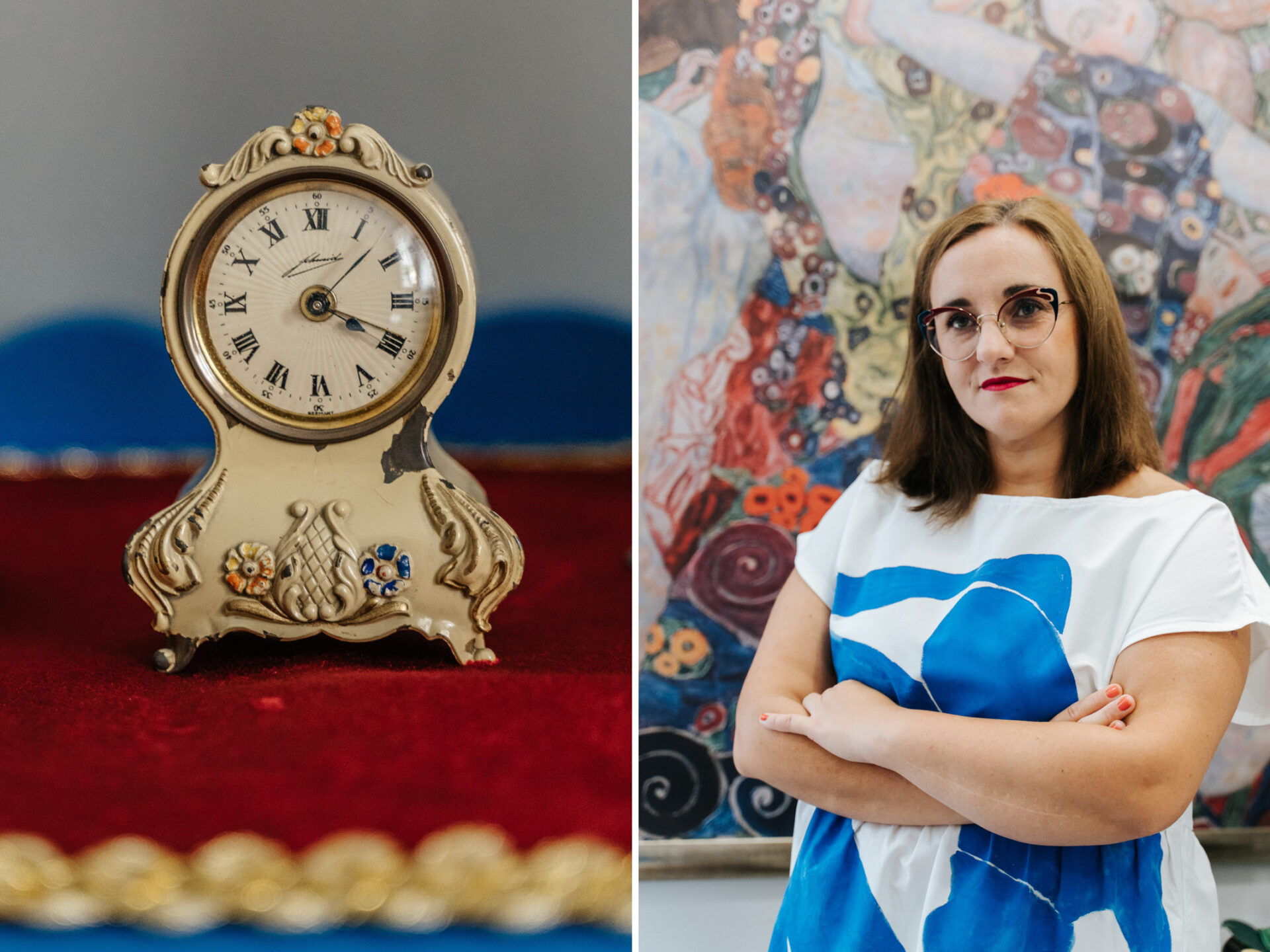
Amela
Amela’s grandparents lived in the old Ottoman part of Sarajevo during the socialist period. Her grandfather, who worked as a locksmith, became a “hodza”, or Muslim leader and teacher. In the 1960s, he fulfilled his duty to perform hajj, riding to Mecca on horseback in a journey that took three months. Amela credits her family with bringing her up in the Muslim faith, but wants her own daughter to learn about all religions and to be open-minded.
This clock, which belonged to Amela’s grandfather, plays the music from the 1965 movie Dr Zhivago. When Amela was a child, she took ballet classes and would always dance when she heard its chimes. Before he died, her grandfather declared that he wanted to leave the clock to her.
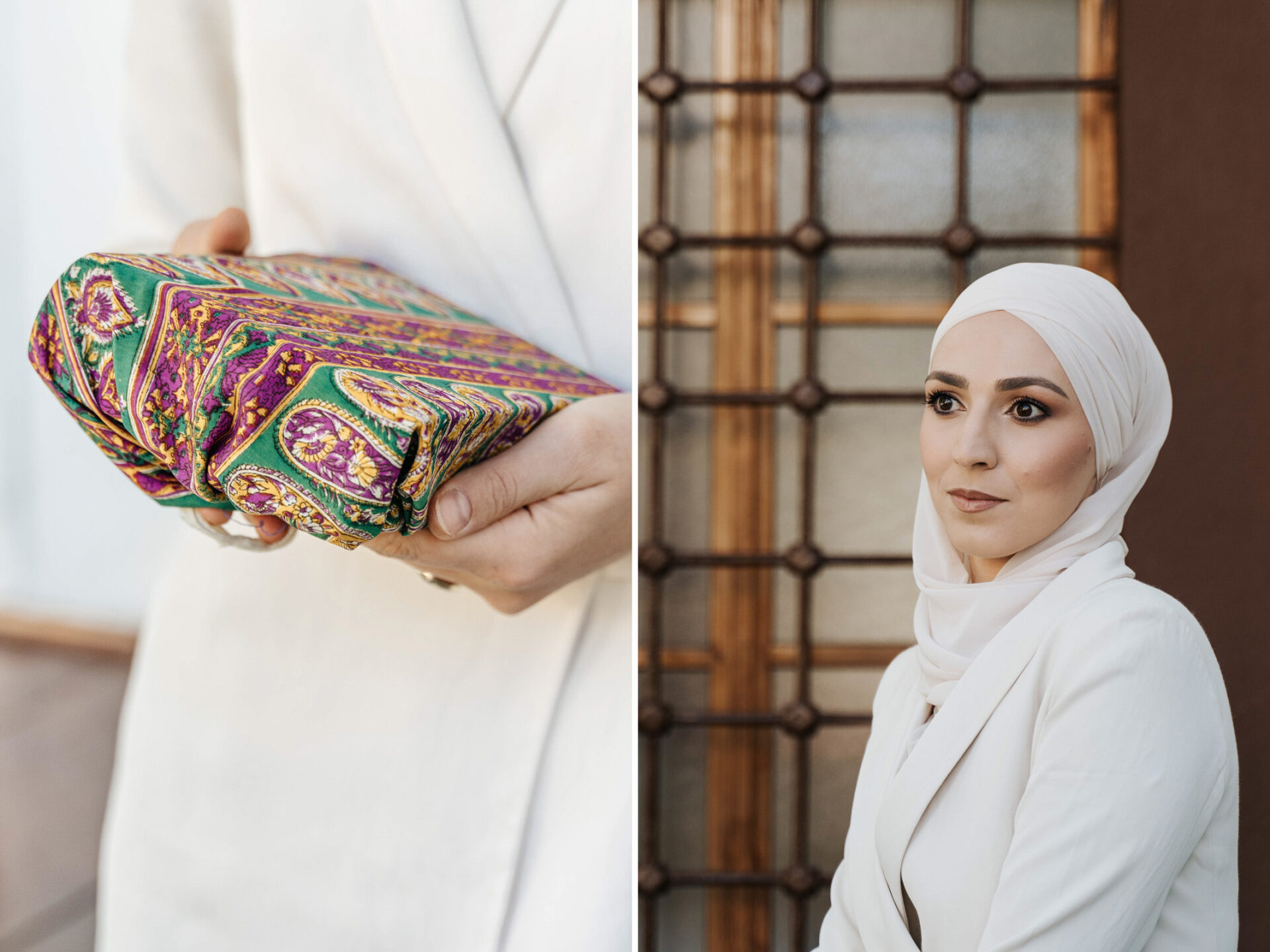
Zakira
Zakira grew up as a daughter of a prominent imam in Sarajevo. Her childhood memories include his mosque overflowing with people who had come to hear him speak. She felt no pressure to conform to her father’s religious beliefs, but chose to wear the hijab at 14 years old. Her sisters, however, have not. For Zakira, covering her hair is a simple sign of devotion that makes her feel secure. Having travelled around Europe and the Middle East, she says that she can fit in anywhere.
When we met, Zakira showed me her Qu’ran, which she keeps protected in a bag made by grandmother, who is now 83 years old. Zakira describes her grandmother as “always smiling and full of life”.
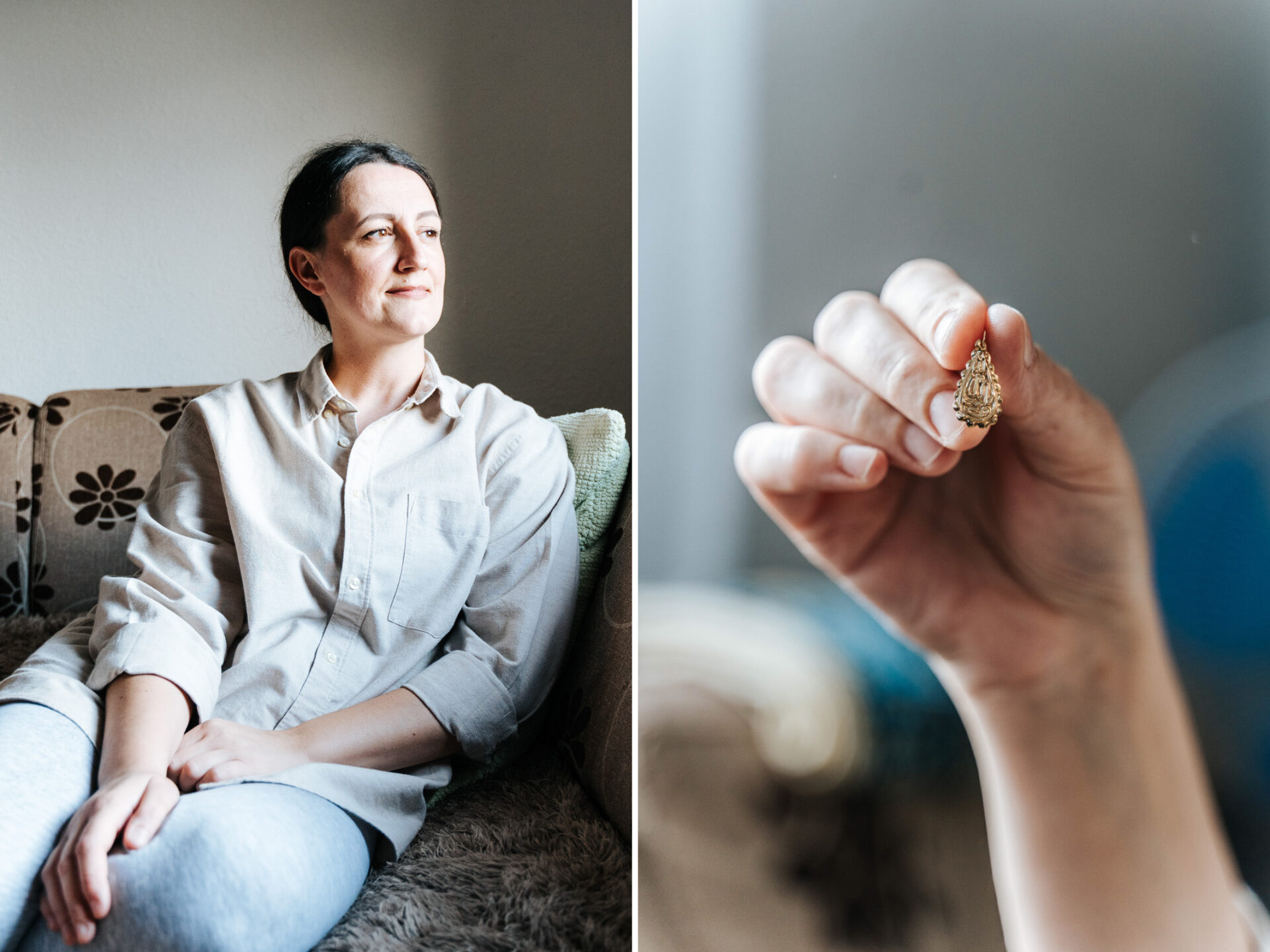
Belma
Belma says that people from outside of Bosnia and Herzegovina are surprised by the range of Muslims within the country. She grew up in a typical socialist family, not seeing the difference between people from different religious backgrounds. While she appreciates the traditions of her faith and had a traditional Muslim wedding ceremony, she tends not to be particularly observant outside of Ramadan. She does, however, now wish that she made more time for her faith, citing her 12-year-old daughter as her main influence.
Belma chose a gold mashallah, a small ornament traditionally bought by a grandmother and pinned to a baby’s cap, so that whoever holds the child remembers to give thanks to God.
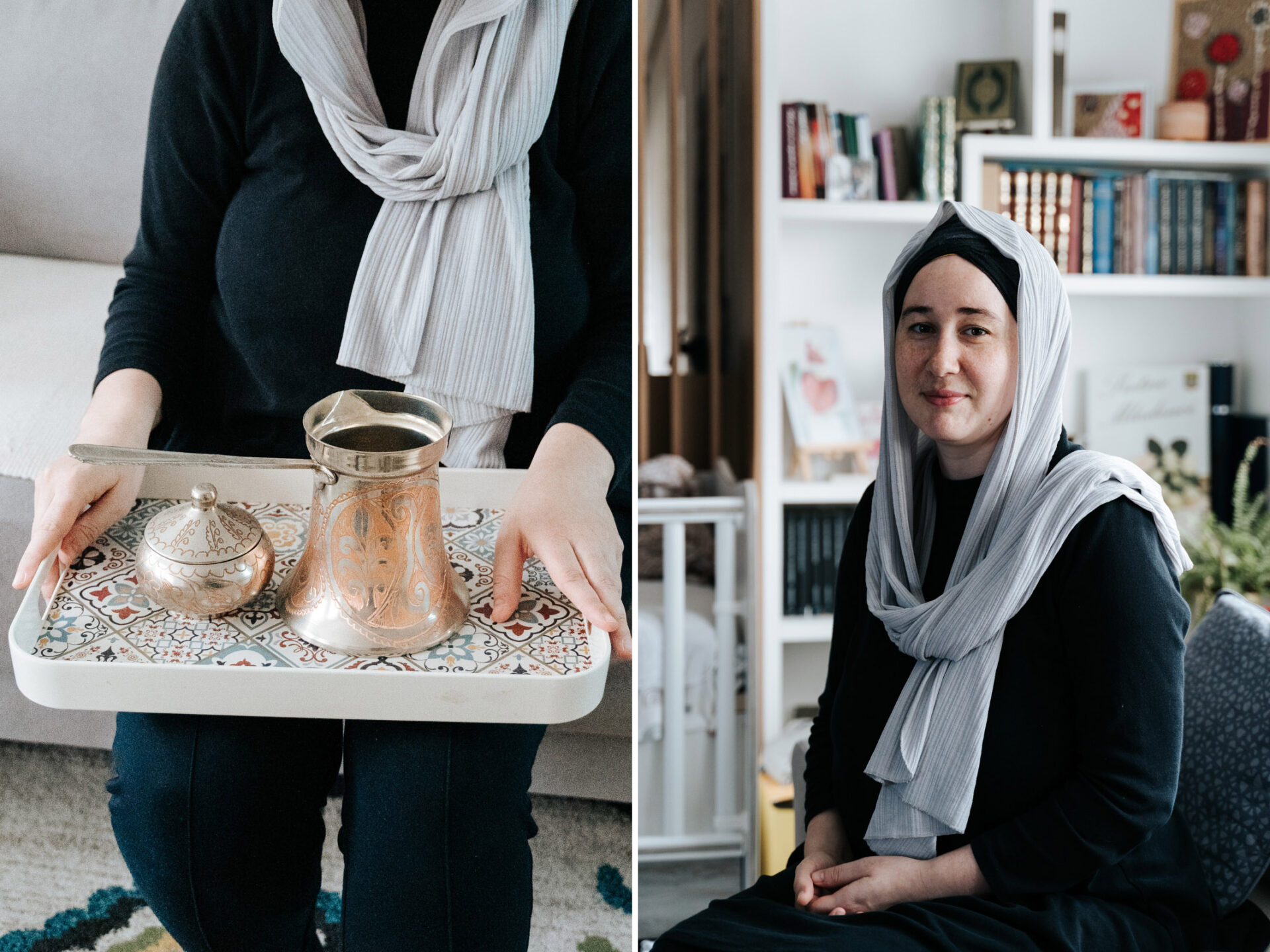
Ajna
“Faith is my comfort and guide through life,” said Ajna. “I come from a family that adhered to religious and moral principles. The decision to wear the hijab came to me by itself at the age of 24. No one influenced my choice and I consider it one of the best in my life. Neither Islam nor the hijab distanced me from other worldly things — on the contrary, my true nature and my character as a person came to the fore.”
Ajna describes this traditional coffee set as fundamental to the culture and daily rhythms of life in Bosnia and Herzegovina. “For me, drinking coffee represents companionship, friendship and hospitality,” she says. “It has less to do with religion and more to do with my heritage. It is a ritual every morning.”
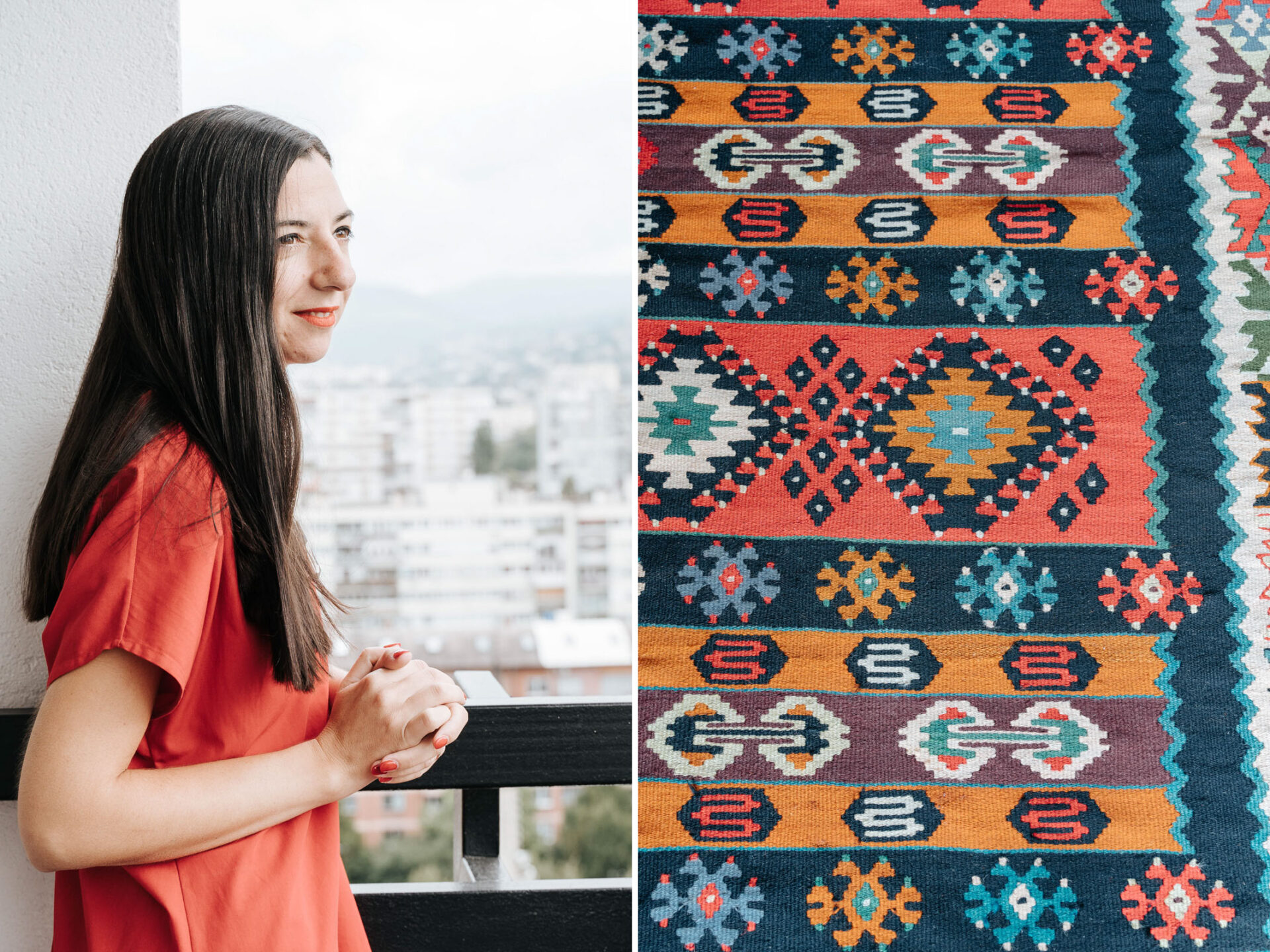
Azra
For Azra, Bosnia has long been a place of change and conflict, straddling east and west, secularism and faith. She remembers praying with her grandmother as a child and describes herself as Muslim. While she takes a relaxed approach to her faith, simple acts such as celebrating Eid and refusing to eat pork form an important part of identity. “We always did that, even coming from a socialist background. It’s important to her to believe in God and that there’s something bigger behind all of this,” she said.
Azra bought this handwoven Ottoman rug at a flea market in Sarajevo a few years ago” “You can tell which part of the country it comes from by its design and colours,” she said. “It’s like a picture of our heritage.”
 Newsletter
Newsletter

